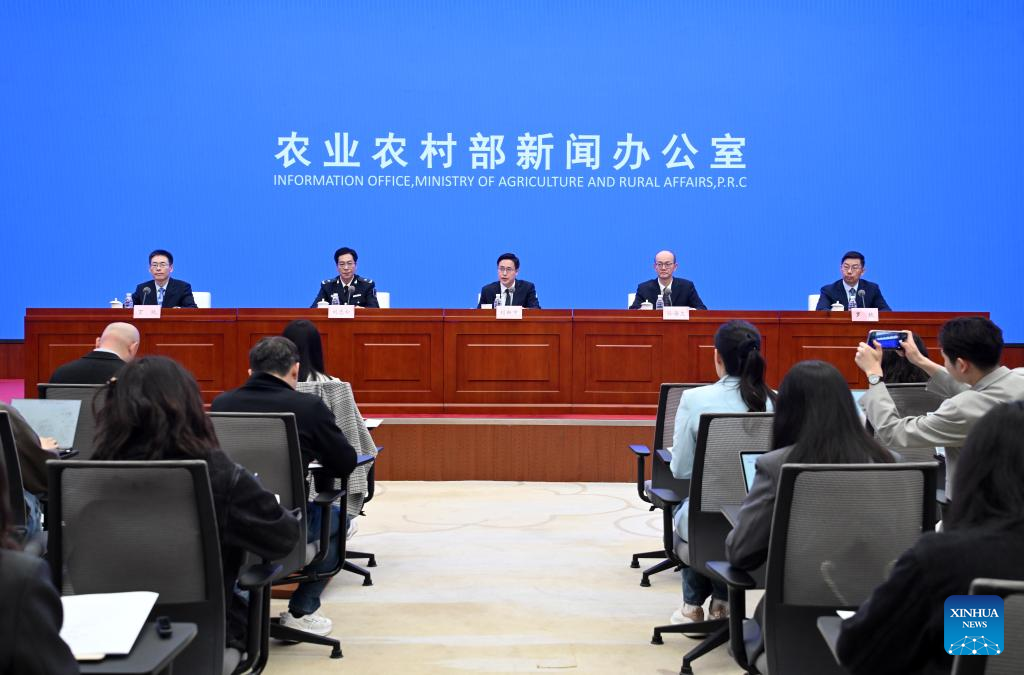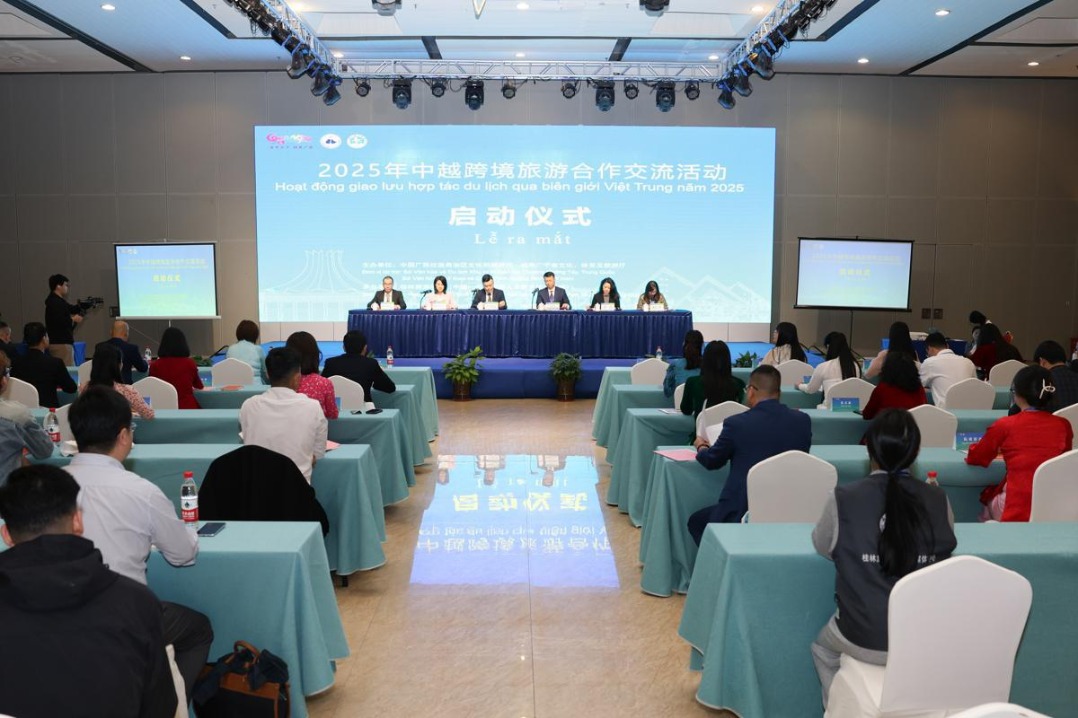China steps up measures to combat illegal fishing, officially joins PSMA


China has officially joined the Agreement on Port State Measures (PSMA), signaling its commitment to combating illegal fishing and strengthening its role in global fisheries governance, the Ministry of Agriculture and Rural Affairs said on Wednesday.
After years of preparation and review, the State Council ratified the agreement in January. Thirty days after China deposited its instrument of accession with the director-general of the Food and Agriculture Organization of the United Nations on March 17, the country formally became a party to the accord on Wednesday.
"This is a significant milestone for us," Liu Xinzhong, director of the ministry's bureau of fisheries, said at a press conference. "It marks China's concrete step toward actively fulfilling its duty as a port state and demonstrates China's confidence and resolve to resolutely combat illegal fishing."
The agreement, which entered into force in 2016, is the first binding international framework aimed at preventing, deterring and eliminating illegal, unreported and unregulated fishing. As of Tuesday, 80 countries and the European Union had ratified, accepted, approved or acceded to the agreement.
As a party to the agreement, China will apply its provisions to vessels that dock at or enter its ports. Foreign-flagged vessels engaged in illegal fishing will be banned from entering Chinese ports, Liu said.
"Meanwhile, as a flag state, we will require our vessels to comply with the agreement when entering the ports of other countries or economies," he added.
China is also working to revise its fisheries law to better align with the agreement.
The draft amendment, approved in October last year, includes provisions that support port State measures and provide a legal foundation for enforcement, Liu said. Joining the PSMA will help China combat illegal fishing, protect marine resources and improve port management, he said.
Sun Haiwen, deputy director of the ministry's bureau of fisheries, said China has signed more than 20 bilateral fishing cooperation agreements and is a member of eight regional fisheries management organizations. It participates actively in multilateral and regional fisheries governance under the United Nations Convention on the Law of the Sea.
As of 2024, China had 167 approved distant-water fishing enterprises and more than 2,740 distant-water fishing vessels, with an annual catch of approximately 2.19 million tons. That number is expected to remain stable in the coming years, Sun said.
China has also implemented self-imposed fishing bans on the high seas to support conservation and sustainable development, which have shown positive results, he said.
Liu Zhongsong, director of the fishery law enforcement center under the ministry, said China will also protect the legal rights and interests of foreign fishing vessels.
"China will promote service-oriented administrative law enforcement, conduct professional inspections, and ensure the safety of foreign vessels and crews," he said.
Luo Yi, deputy head of Shanghai Ocean University, said China will publish a list of designated ports and notify the FAO and other parties. The next steps include clarifying the scope of vessel control and enforcing port entry reviews.
lishangyi@chinadaily.com.cn
- China steps up measures to combat illegal fishing, officially joins PSMA
- Shanghai drives development of 'new cities' with targeted action plan
- Nation's job market remains stable in Q1
- University's flexibility let me dive into my potential
- Chongqing-Guangxi hydrogen freight route opens
- DPP under fire for 'selling out' industry





































